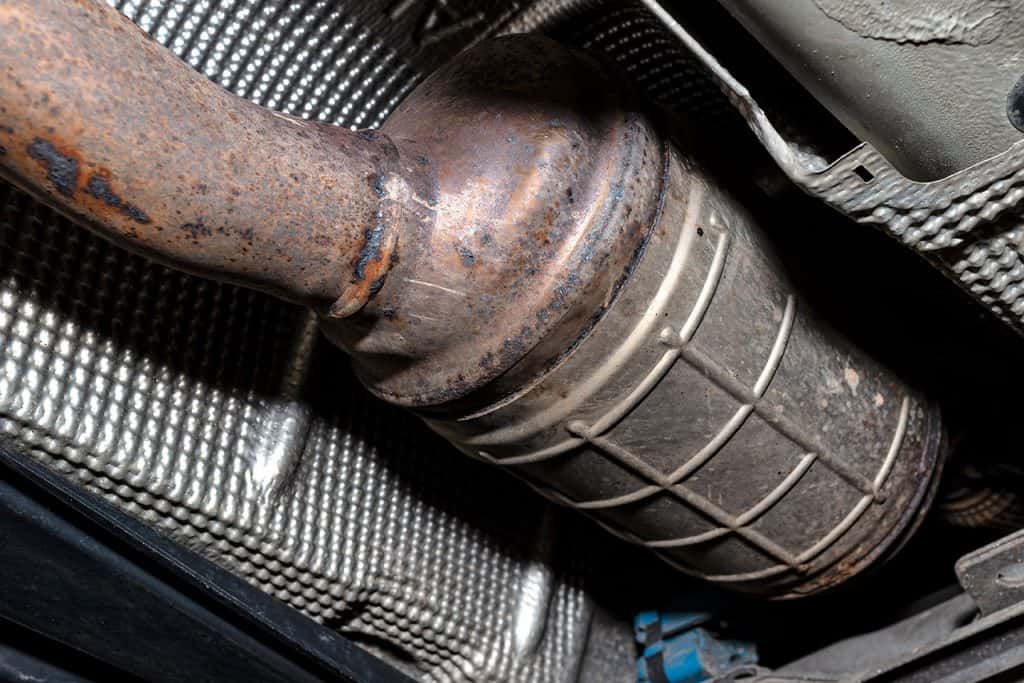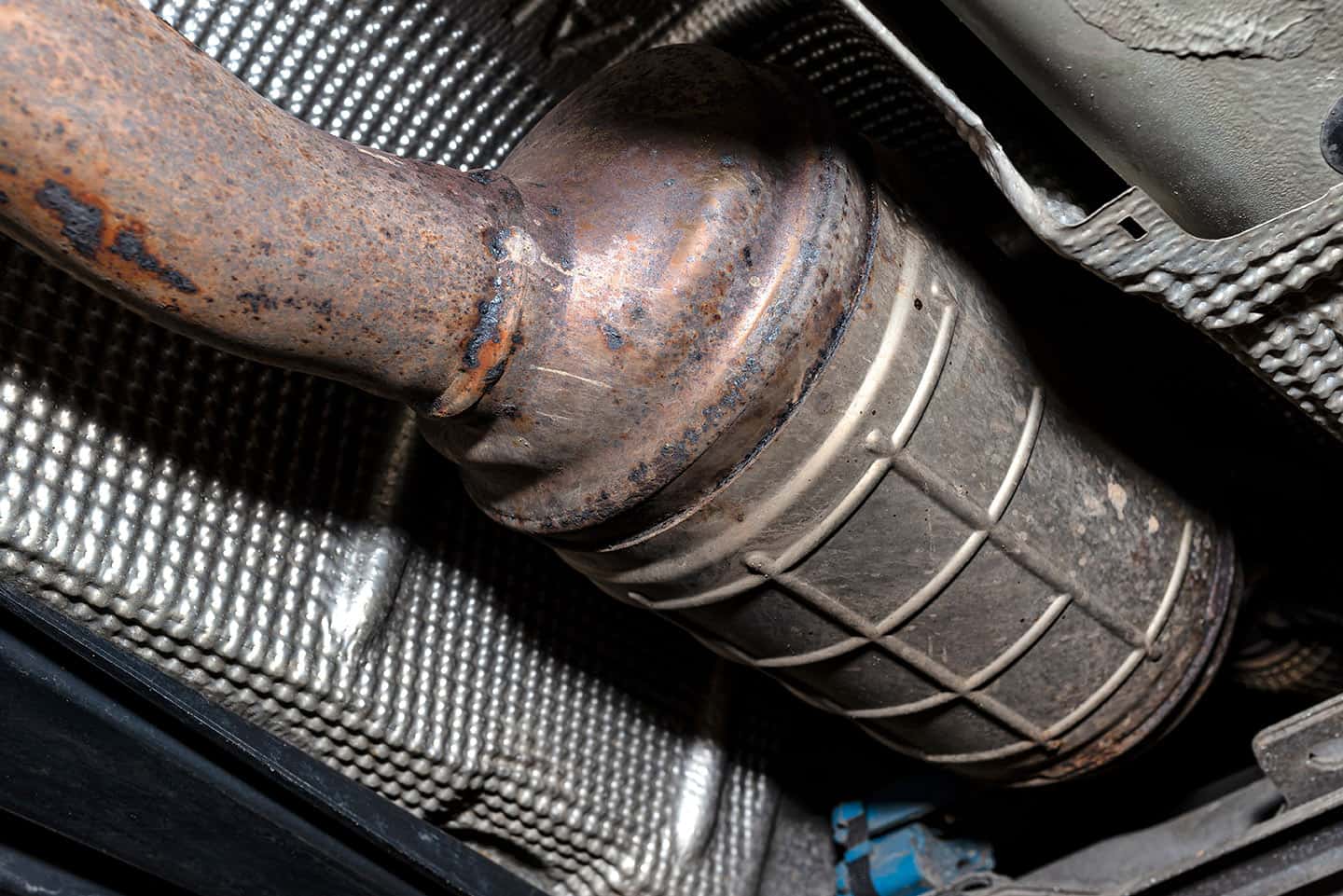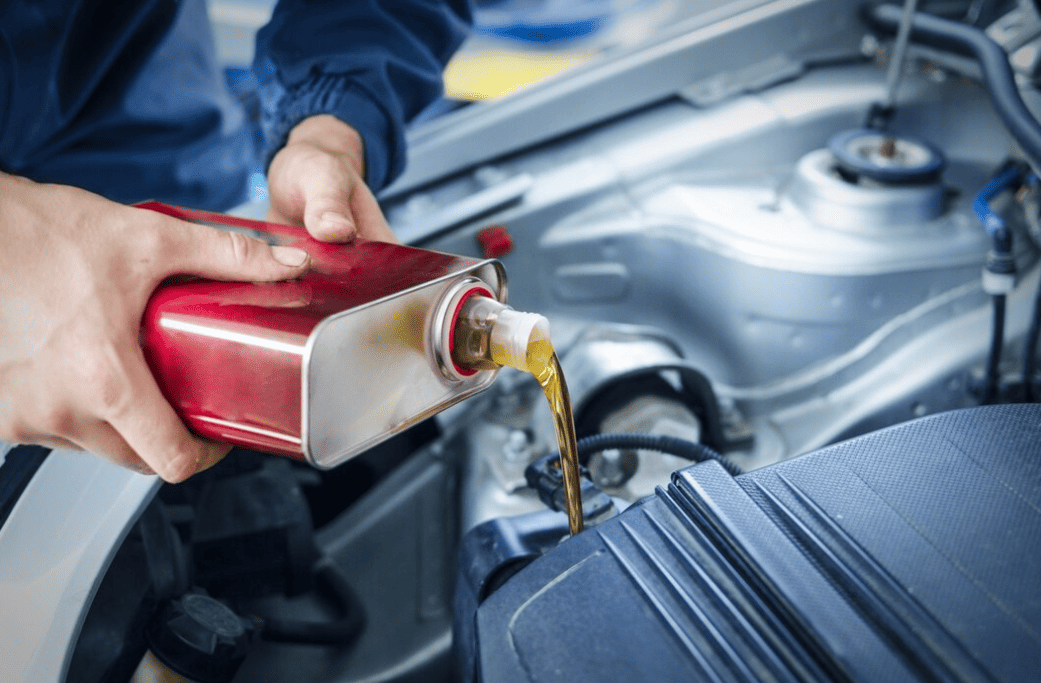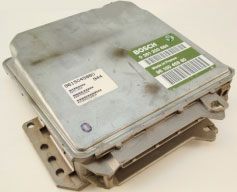In the modern era of vehicle engineering, Diesel Particulate Filters (DPF) stand as a pivotal component in ensuring reduced emissions and improved engine performance. However, understanding the significance of regular diesel particulate filter cleaning. It is integral to preserving both the environment and the longevity of diesel-powered vehicles.
What is a DPF?
Diesel Particulate Filters (DPFs) are emissions control devices integrated into the exhaust systems of diesel engines. Their primary function is to capture and trap soot particles and harmful emissions, preventing them from being released into the atmosphere. By capturing these particles, DPFs contribute significantly to reducing air pollution, meeting stringent emission standards, and promoting cleaner air quality.
The Importance of Diesel Particulate Filter Cleaning

1. Sustained Engine Performance
- Preventing Blockages: Over time, trapped particles can accumulate within the DPF, leading to blockages. This buildup restricts exhaust flow, subsequently impacting engine performance, reducing fuel efficiency, and potentially causing engine damage.
- Optimized Engine Function: Regular DPF cleaning ensures optimal engine performance by maintaining proper exhaust flow and preventing backpressure, allowing the engine to function efficiently.
2. Environmental Responsibility
- Reduced Harmful Emissions: A clean diesel particulate filter ensures that the captured soot and particulate matter are effectively burned off, reducing harmful emissions such as nitrogen oxides (NOx) and black carbon released into the atmosphere.
- Meeting Emission Standards: In compliance with stringent emission regulations, regular DPF cleaning helps vehicles to consistently meet legal emission standards, contributing to a healthier environment.
3. Cost-efficiency and Longevity
- Preventing Costly Repairs: Neglecting diesel particulate filter maintenance can lead to costly repairs or even necessitate DPF replacement. Routine cleaning prevents severe damage and extends the lifespan of the DPF.
- Enhanced Fuel Efficiency: A clean DPF promotes better fuel combustion, maintaining optimal fuel efficiency and reducing the frequency of expensive refills.
Methods of Diesel Particulate Filter Cleaning
- Regeneration: Passive and active regeneration processes burn off accumulated soot within the DPF through high exhaust temperatures, though this may not completely remove all particles.
- Professional Cleaning Services: Specialized cleaning services utilize advanced equipment and techniques like pneumatic cleaning, heat cleaning, or chemical cleaning to thoroughly cleanse DPFs, ensuring optimal performance.
Commonly Asked Questions
1. What is a Diesel Particulate Filter (DPF)?
A DPF is an emissions control device installed in the exhaust systems of diesel vehicles. Its primary function is to trap and collect soot, ash, and other particulate matter to reduce harmful emissions released into the atmosphere.
2. Why is diesel particulate filter cleaning necessary?
Over time, soot and particulate matter accumulate in the DPF, leading to blockages that restrict exhaust flow. Cleaning the diesel particulate filter is necessary to maintain proper engine performance, prevent damage, and reduce harmful emissions.
3. How often should a DPF be cleaned?
The frequency of DPF cleaning depends on various factors, including the vehicle’s usage patterns, driving conditions, and manufacturer recommendations. As a general guideline, it’s advisable to clean the DPF as part of routine maintenance or when warning lights indicate blockages.
Read more: Symptoms Of Failed DPF Regeneration: Recognizing The Warning Signs
4. What are the signs that a DPF needs cleaning?
Common indicators include the illumination of the DPF warning light on the dashboard, decreased engine performance, increased fuel consumption, or a noticeable decrease in exhaust system efficiency.
5. Can I clean the DPF myself?
While passive regeneration occurs during regular driving, it may not completely clean the DPF. Professional cleaning services equipped with specialized tools and techniques are recommended for thorough diesel particulate filter cleaning to ensure optimal results.
6. What methods are used for diesel particulate filter cleaning?
Regeneration, either passive or active, is a common method that uses high temperatures to burn off accumulated soot. Professional cleaning services utilize advanced methods such as pneumatic cleaning, heat cleaning, or chemical cleaning for thorough diesel particulate filter cleansing.
7. Is it essential to clean a DPF even if the vehicle runs smoothly?
Yes, regular diesel particulate filter cleaning is crucial even if the vehicle operates smoothly. Blockages can accumulate without noticeable symptoms initially, leading to significant performance issues and potential damage if left unaddressed.
8. Does diesel particulate filter cleaning affect the vehicle’s warranty?
Generally, routine maintenance such as diesel particulate filter cleaning does not void the vehicle’s warranty. However, it’s advisable to consult the vehicle’s manufacturer or warranty guidelines for specific details regarding maintenance procedures.
Read more: Exploring DPF Cleaning Methods: A Comprehensive Guide
9. How does diesel particulate filter cleaning contribute to environmental protection?
By removing accumulated soot and particulate matter. DPF cleaning ensures that diesel vehicles produce fewer harmful emissions, contributing to cleaner air quality and meeting stringent environmental regulations.
10. What are the costs associated with DPF cleaning?
Costs for DPF cleaning can vary depending on the service provider. The cleaning method used, and the severity of the blockage. Typically, it’s more cost-effective to perform regular maintenance than to address severe blockages or damage.
Conclusion
The significance of DPF cleaning cannot be overstated in today’s automotive landscape. Regular maintenance and cleaning of DPFs not only ensure a vehicle’s optimal performance and longevity. But also play a critical role in mitigating environmental pollution. As regulations continue to evolve and emission standards become more stringent, DPF cleaning stands as a responsible choice for vehicle owners, contributing to a sustainable and cleaner future.


